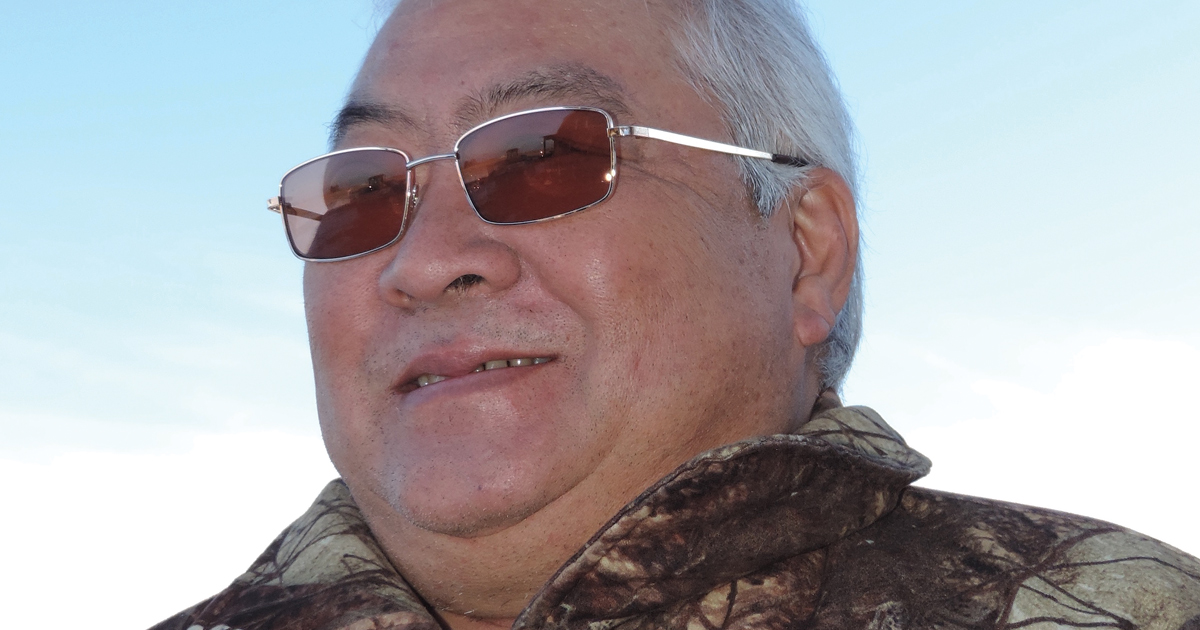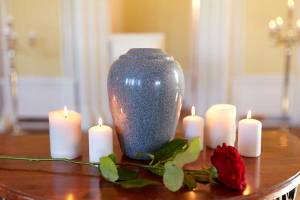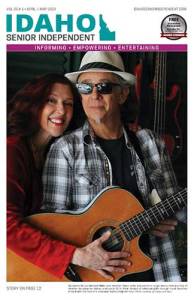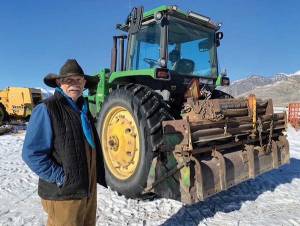Besides his biological birthday, Larry Abo celebrates his second-chance-at-life birthday on June 22, the date he received the gift of a donated kidney two years ago. The retired chemist, 59, waited 4-½ years for the phone call that would end his daily at-home dialysis.
While waiting for a kidney, he lived in limbo and relied on “good friends who helped me stay optimistic even when my skin started turning gray.”
Humor helped him, too. He jokingly calls himself the $2-million man. “That’s about the cost of my medical expenses for the past six years,” he said.
Unlike Abo, about 800 Idahoans await an organ donation, according to the nonprofit Intermountain Donor Services. Potential donors may either designate on their driver’s license they are willing to donate or register at www.yesidaho.org. To encourage organ donations, Donate Life America designates April as National Donate Life Month.
Before the transplant, he underwent self-administered dialysis every night at home. “Waiting takes a toll. You live by the phone.”
Then came that momentous moment. “They called at 9 a.m. and told me to stay close to the phone. Later that evening, they said to be there at 9 the next morning,” he said. “It was such a relief.”
He and his wife, JoEtta, 58, drove 190 miles to Murray, Utah, where surgeons at the Intermountain Medical Center did the transplant.
“The kidney started working right away,” he said.
Abo said every day is a celebration of life for him and JoEtta, despite lifestyle changes and new dietary restrictions to protect his immune system and kidney from bacteria.
“I’m Japanese and love sushi but can’t eat it anymore,” he said. “I have to cook all my vegetables to at least 160 degrees.
He’s also not supposed to work in the garden because of bacteria in the soil. “I wear gloves. My dad still has a big garden, so I help him. We love the fresh vegetables from it.”
Abo still faces uncertainty with his donated kidney. After the transplant, he learned the donor had lupus, a chronic autoimmune disease.
The doctor doing his follow-up care at the University of Utah Hospital told him.
“He said the lupus won’t spread but could eventually damage the kidney,” Abo said.
His ordeal with his kidneys was triggered when his house cat scratched him on the back of his left leg May 16, 2013.
“I was almost asleep, and the cat kneaded her paws like cats do,” he said. “The next morning, a Friday, the back of my left leg began to redden.”
He went to a doctor the following Monday and was diagnosed with cellulitis, a skin and soft-tissue infection.
“They didn’t take a culture before prescribing an antibiotic even though I said a sick cat had scratched me,” he recalled.
The infection spread, and his left arm reddened. As his condition worsened, he was hospitalized May 28.
“Random antibiotics were prescribed from about May 20 to near the end of June,” Abo said. “Even after a home health nurse gave intravenous antibiotics for two weeks at home, the infection started to come back.”
He was sent to an infectious disease specialist in Pocatello. JoEtta gave the doctor a list of ineffective antibiotics Abo had taken.
The doctor said he had been infected with Bartonella bacteria, which causes a disease known as cat scratch fever.
“We were told it’s fairly common and is treated with the antibiotic doxycycline,” JoEtta said.
In November, a biopsy revealed Abo’s kidneys were damaged. “They completely stopped functioning in February 2014,” he said. “I was told they were dead due to the infection, an allergic reaction to one of the antibiotics, and high blood pressure while I was being treated.”
Based on his experience, Abo advises people to ask that a culture be taken when an infection develops, so the correct antibiotic can be prescribed.
“Try to find a proactive social worker, too,” JoEtta said. “Without the help of a wonderful woman at DaVita Dialysis Center in Burley, we wouldn’t have known how to pay for everything.”
Abo could no longer work as an assistant chemist at Amalgamated Sugar in Paul and needed an extension of his health insurance policy. Their social worker said the American Kidney Fund would pay Abo’s insurance premium until he could get Medicare and a supplemental policy.
Medical bills confronted JoEtta, too. A month before the cat scratch, her own health problems forced her to quit her job.
Considering his options, Abo decided to do home dialysis and had a catheter surgically inserted in his belly.
“It’s easier on the body than the process used at a dialysis center,” he said. “I’m a lab chemist so was comfortable hooking up the clamps and hoses.” Every night for 8 to 12 hours, a machine removed wastes his kidneys would have filtered out.
While waiting for a kidney, Abo worked on projects at home. He built kitchen cupboards from weathered wood. He also gardened and dried food that they harvested.
He also helped care for JoEtta after she was diagnosed with breast cancer in October 2017.
Throughout their medical ordeals, Abo and JoEtta have remained optimistic.
“I’m grateful to be in remission as of last November,” JoEtta said.
Abo said they focus on eating a healthy diet. “We really like vegetables we grow, nuts, and dried fruit,” he said. “I love smoking the fish I catch.”
Every week, Abo has blood work done at Minidoka Memorial Hospital. His medication bottles fill a basket the size of a soccer ball.
“It’s about one-fourth of what I used to take,” he said, grinning.
To express gratitude for the kidney, Abo sent a thank you letter to the donor’s family.
“We haven’t met them,” he said. “All we know is he was younger than 40 and gave seven organs.” ISI











